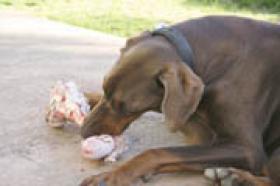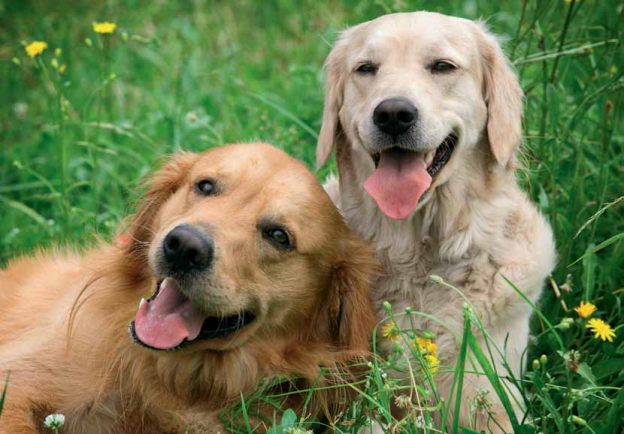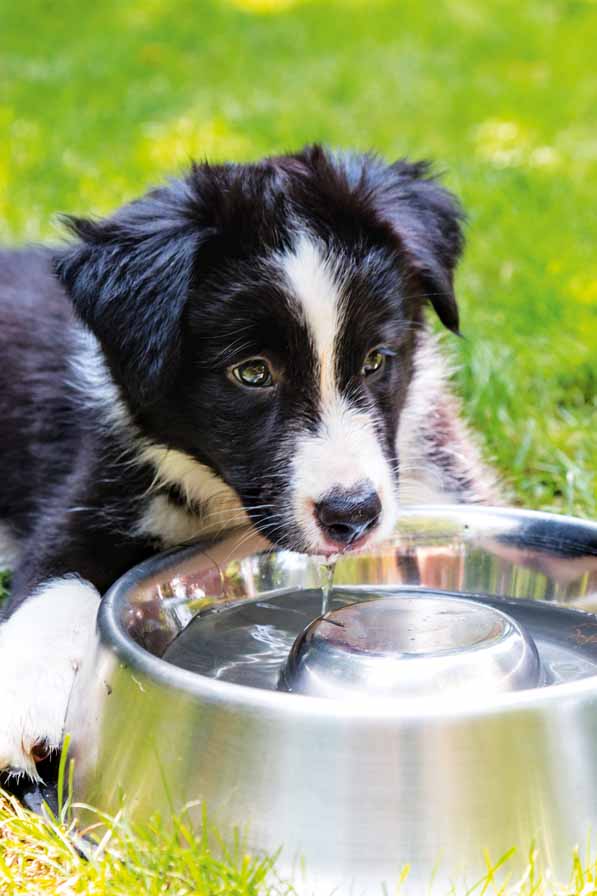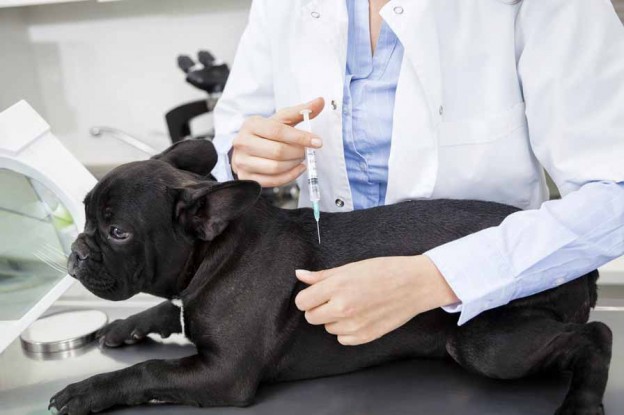
Although only four per cent of an animals total body weight comprises mineral matter, the presence of these elements is essential for life. Caroline Zambrano discovers the benefits of minerals for dogs.
Minerals play an important role in canine nutrition and need to be balanced with each other in the diet to work well. Dogs Life spoke to veterinarian Dr Barbara Fougere from All Natural Vet Care in Sydney about the benefits of minerals and which ones your dogs diet needs to include.
Minerals work with vitamins, enzymes and proteins to perform different functions in the body, such as the formation of bone and cartilage, transportation of oxygen in the blood, normal functioning of muscles and nerves, and production of hormones. Minerals are divided into two groups:
- Macrominerals, which are minerals that occur in significant amounts in the body and account for most of the bodys mineral content (calcium, phosphorus, sodium, magnesium and potassium).
- Microminerals, or trace elements, which comprise a large number of minerals that are present in the body in very small amounts and are required in very small quantities in the diet (selenium, manganese, zinc, copper, iron, chromium and iodine).
Minerals in fresh food or as supplements
Fougere advocates getting minerals ideally from fresh foods rather than supplements, howe’ver a variety of quality commercial pet foods on the market already have adequate amounts of minerals and vitamins, she pointed out.
One of the risks of feeding your dog home-cooked or raw food is that the diet may not include a variety of ingredients or the dog might only eat some foods and therefore not benefit from a broad range of nutrients. For instance, Fougere says she sees a lot of zinc deficiency in dogs that eat a home-cooked diet, which causes hair depigmentation, growth retardation, reproductive failure and dermatoses.
With more people feeding fresh foods in their dogs diet, we need to be more conscious of what were feeding and provide a wide range of ingredients in the diet, she said. It is also important to check the source of minerals if using supplements, as they may be contaminated with heavy metals.
Fougere advised concerned dog owners to check the ingredients on the label or enquire with the manufacturer about where the minerals were sourced and if they can support those claims. If the product makes a health claim, it must be registered with the APVMA (Australian Pesticides and Veterinary Medicines Authority) to ensure it is safe. (Check out the July/Aug 06 issue of Dogs Life to find out more about ensuring safety in animal products with the APVMA.)
Mineral excesses or deficiencies
As beneficial as minerals are, every dogs body and metabolism is different and therefore requires a different diet, Fougere says. For example, growing puppies have very specific calcium and phosphorus needs and its just as easy to over supplement as it is to under supplement.
Fresh foods, including meats and vegetables, can also be deficient in certain minerals, for example Australian soil is generally deficient in selenium, Fougere says, so it may be beneficial to add this mineral to your dogs diet as it protects cell membranes from oxidative damage and can help prevent cancer. A deficiency of this mineral, although unlikely, causes skeletal and cardiac myopathies, but even a slight deficiency can result in poor immunity. On the other hand, toxicity with this mineral can also occur, so using the right dose is critical.
Is your dog mineral deficient?
Many people do not know their dog is mineral deficient because the symptoms are not that obvious, Fogere explained. In many cases, mineral deficiency shows itself in the dogs skin, coat and eyes the dogs skin and coat may not look healthy and the eyes may not be as bright.
Fougere said dogs can be tested for mineral deficiency, but these tests are not very reliable. Blood tests are impractical and hair analysis focuses more on toxicity levels than deficiency, which doesn’t make the results 100 per cent reliable.
At All Natural Vets, they take a dogs dietary history and analyse it before recommending minerals, other supplements if needed and natural therapies such as herbal medicine.
Fougere said the proper balance of minerals in a pets body is extremely important it relates to the amount of each mineral in the diet, the ability of the animal to absorb the minerals from the diet and any disease conditions that can cause excess loss or retention of various minerals.
Changing the mineral balance of your dogs diet can be harmful to your pets health and should only be done under the direct care of your animal health professional, such as a veterinarian experienced in formulating natural diets.
Dogs Life would like to thank Dr Wendy Brown from the University of New England (www.une.edu.au) in Armidale, NSW, for supplying information about minerals for this article.
Dr Barbara Fougere from All Natural Vet Care can be contacted on (02) 9712 5844 or via the website www.naturalvet.com.au







